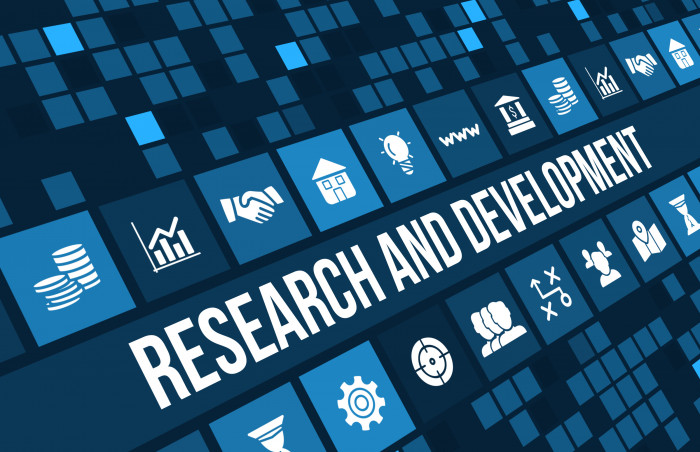New Autism Data Bank Will Help Scientists Study Serotonin Levels

Nova Mentis is creating a North American data bank of people with autism spectrum disorders (ASD), which it will use for a study evaluating serotonin levels in ASD patients, including those with fragile X syndrome.
The company expects that serotonin levels in various human tissues — including blood, urine, and feces — may serve as biomarkers to assess the therapeutic efficacy of its portfolio of psilocybin-based compounds in treating ASD.
Psilocybin is a psychedelic compound derived from various mushroom species and popularly referred to as “magic mushrooms.” It has gained interest as a potential behavioral therapy for fragile X and other ASD conditions, as it can help address issues related to serotonin levels.
“The quantitative information collected in the data bank will help to determine onset of ASD, progression of the disorder and response to various treatment modalities,” Marvin S. Hausman, MD, chairman of Nova Mentis’ scientific advisory board, said in a press release.
Serotonin is a hormone that plays key roles in multiple brain systems, and has been identified as an ASD biomarker. People with ASD tend to have elevated serotonin levels.
“Recent scientific data suggests that serotonin plays a dominating role in the development of the nervous system and serotonin levels should be studied in ASD children from birth until five years of age,” Hausman said. “It is for this reason that [Nova Mentis] has undertaken the design and launch of a serotonin research centre in the United States.”
This new center will be the site of the planned study, which will seek to gather serotonin information from participants.
Nova Mentis expects to enroll at least 300 individuals across the U.S. and Canada. It will seek at least 200 participants with symptoms suggestive of ASD and 100 or more neurotypical controls.
Families of people with autism will be able to submit samples for analysis. Investigators also will measure genetic levels of serotonin transporters found in cells taken from the cheeks of healthy volunteers.
The study hopes to identify associations that might cause ASD, anticipating that these might lead to personalized treatments through a more detailed understanding of the various ASD subtypes, such as fragile X syndrome.
The data also will be used in designing an upcoming dosing trial in the U.S., planned for later this year.
According to Nova Mentis, only patients, family, personal physicians, and company scientists will have access to the data gathered in the study.
Another new study, also being launched by Nova Mentis, is aimed at better understanding the relationship between gut microbes and ASD. Scientists believe that bacterial strains of the gut microbiome may influence the effectiveness of therapies. The goal of this study is to gain a clearer understanding of which patients will respond better to psilocybin-based treatments such as PLZ-1013, which the company is developing to address fragile X-related behavioral problems.
“We want to give additional hope for families with autistic children that this unmet medical need is not being forgotten,” Hausman concluded.






